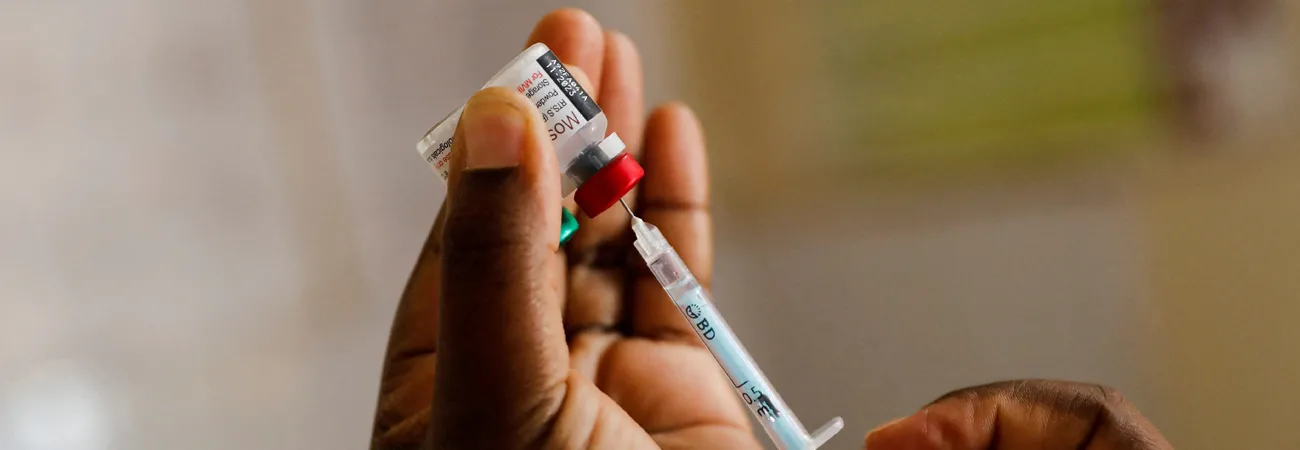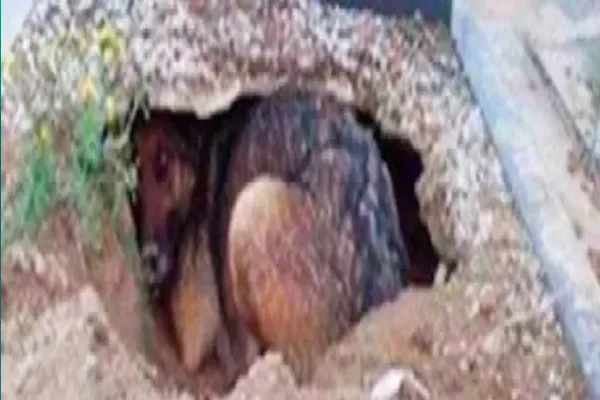i NEWS PAKISTAN
The World Health Organization (WHO) has recommended a new, affordable malaria vaccine developed by the University of Oxford. The vaccine, called R21, is the second malaria vaccine to be recommended by the WHO, but it is the first to be able to be mass-produced at a low cost. Malaria is a major global health issue, primarily affecting babies and infants. It is caused by a complex parasite that is spread by blood-sucking mosquitoes. The parasite is able to shape-shift inside the human body, making it difficult to build immunity naturally and develop a vaccine against.
The R21 vaccine is 75% effective in preventing malaria in seasonal areas, and it is expected to be even more effective in areas where the parasite is present all year round. It is also easier to manufacture than the first malaria vaccine, RTS, S, and it can be produced at a lower cost. The WHO says that the new R21 vaccine will be a "vital additional tool" in the fight against malaria. It is expected to be rolled out to countries in Africa, where the vast majority of malaria cases and deaths occur. The R21 vaccine is a major breakthrough in the fight against malaria. It is the first malaria vaccine that is affordable and scalable, and it has the potential to save hundreds of thousands of lives every year.
Credit: Independent News Pakistan (INP)









